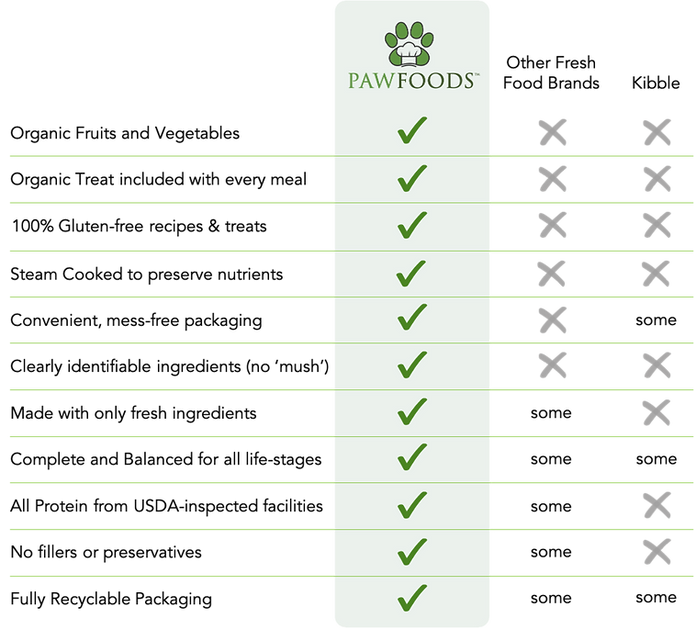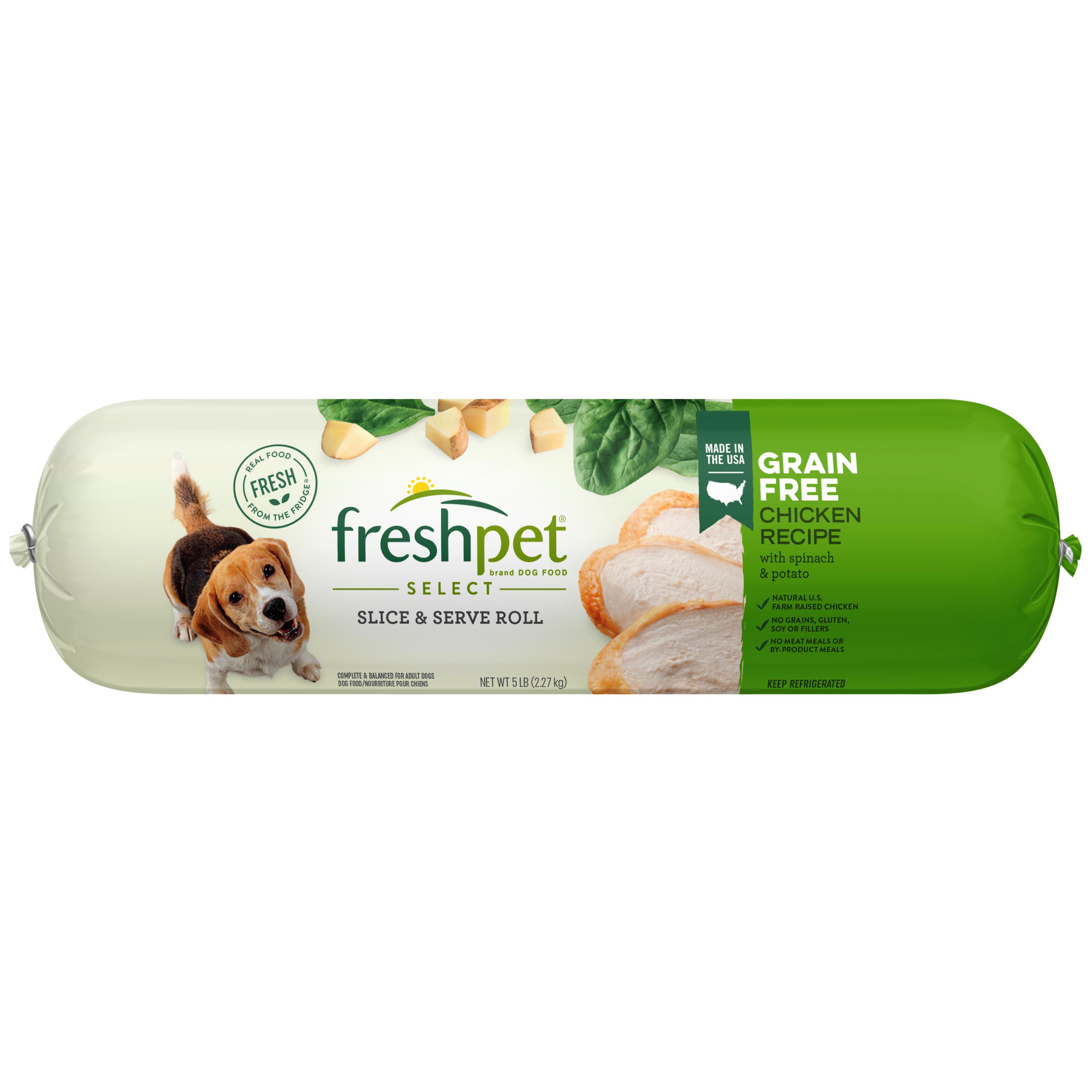
Bulldogs are a British breed. The Bulldog is a medium-sized, heavy dog with a nose and face that resembles a mastiff. This dog is known for being intelligent and loyal. Here are some facts about Bulldogs that you should know if you're considering buying one for your family.
Historical background
Bulldogs were once small dogs that served as companions for humans and other animals. With the rise of dogfighting as well as the need to safeguard livestock, the size of bulldogs increased. Dogs were then crossed with terriers. This breed eventually became known as the English bulldog. This breed has been around since ancient times.
Bullbaiting may not be popular anymore, but bulldogs used to be strong and aggressive. Bulldogs were born with strong bones, heavy muscle, and a strong chest. This made them ideal for baiting bulls, but it also caused a number of serious health problems.
Characteristics
Bulldogs have some desirable traits that make them desirable pets. They aren't loud but can wheeze, snore, and drool. They shed a little and require minimal maintenance. Their short coats require minimal grooming, but the wrinkles on their face should be wiped frequently to avoid infection.

Originally, the Bulldog was bred for the bull-baiting ring. Bullbaiting in England was banned in the nineteenth century. English bulldogs were then bred for their more amiable nature.
Health problems
Bulldogs can be susceptible to several health problems. These could include allergies, skin conditions, or problems with the internal organs. These problems can be treated with medication. For Bulldogs suffering from any of these conditions, it is important that you consult your veterinarian. Skin allergies are particularly common in French Bulldogs. Environment factors, food intolerances and parasites may trigger skin allergies. These conditions can cause wrinkly skin, which can lead to infections.
Tear stains is another common health problem for Bulldogs. Tear stains can indicate inflammation of the tear-duct which hinders proper drainage. Even though these stains are easily removed by cleaning the dog’s eyes, the residual moisture can encourage bacteria and yeast growth, which can lead into infections. Tear staining could be due to genetics or allergies.
Type of body
Bulldogs are muscular and strong. Its shoulders and head are barreled and muscular, and the back is slightly arched. It has a thick and defined tail. Its legs are short and stocky, with good muscle definition. They have a solid stance thanks to their legs.
The Bulldog body type can be quite imposing, but there are advantages and disadvantages. These dogs need moderate exercise. English Bulldogs don't require a yard. Their sizes vary depending on their body type.
Water sensitivities

Bulldog water sensitivity is a condition that causes bulldogs to become sensitive to water. There are many factors that can cause this condition. Dry skin is the most common cause. It can cause bulldogs to scratch excessively. Infected skin can result from a lack of moisture. It can also lead too yeast infections, and hot spots.
Damaged teeth pain is another cause of water sensitivity. In such cases your dog may refuse water. Anxiety or separation anxiety can also cause your dog to refuse water.
FAQ
How often do I need to groom my dog every day?
Grooming your dog will make him happy. It will keep your dog's coat healthy and clean.
Brushing your dog twice a week is a must. After each meal, brush your dog.
Your dog's fur can be cleaned by brushing it. This will get rid of dirt and hair. Brushing his teeth will make him appear healthier.
Ear infections can be prevented by brushing his ears.
How long can a dog be kept indoors?
Dogs are naturally curious creatures. Dogs require an outlet for their curiosity. They could become destructive if there are no outlets. This can lead to many problems, including the destruction of property and injury to people.
Dogs should always be kept on a leash when outside. The leash keeps them from getting into trouble while allowing them to explore their environment safely.
Dogs will get bored and restless if they are kept inside for too long. He will be more interested in chewing furniture than other objects. His nails may grow too long, which could lead to health issues.
You can prevent your dog from getting hurt by letting him run wild at least once a day. Go for a stroll around the neighbourhood, take him on a car ride, or take him to the dog park.
This will enable him to use his energy for something productive.
Do I choose a puppy or kitten?
It all depends on who you really are. Some people prefer puppies while others like kittens.
However, puppies tend be more active and playful. Kittens are gentle and tend to sleep a lot.
Both breeds of animal require constant attention from their owners. They will quickly grow up and will require lots of care.
Regular medical checks will be required for them. So, you'll need to spend time taking them to the vet.
What is the best pet?
The best pet is one that you love. There is no single right answer. Every person has his own opinion about which pet is the best.
Some people believe that cats are better than dogs. Some people believe that dogs are more loving and loyal than cats. Others still believe that birds are the best choice for a pet.
No matter which type of pet you decide on, you have to choose what type of personality you want.
If you're friendly and outgoing then a dog is right for you. A cat is the best choice for you if you are shy or reserved.
Also, think about the size of your house and apartment. A smaller apartment will mean that your pet will require a smaller size. On the other hand, a large house means that you'll need more space.
Remember, pets need lots and lots of attention. They must be fed often. They should be taken on walks. You should also brush and clean them.
These are the things that will help you choose the right pet for you.
Statistics
- * Monthly costs are for a 1-year-old female mixed-breed dog and a male domestic shorthair cat less than a year old, respectively, in excellent health residing in Texas, with a $500 annual deductible, $5,000 annual benefit limit, and 90% reimbursement rate. (usnews.com)
- In fact, according to ASPCA, first-year expenses can sum up to nearly $2,000. (petplay.com)
- For example, if your policy has a 90% reimbursement rate and you've already met your deductible, your insurer would pay you 90% of the amount you paid the vet, as long as you're still below the coverage limits of your policy. (usnews.com)
- Pet insurance helps pay for your pet's medical care, with many policies covering up to 90 percent of your vet bills. (money.com)
- It is estimated that the average cost per year of owning a cat or dog is about $1,000. (sspca.org)
External Links
How To
How to teach your cat to use the litterbox
The litter boxes are great for keeping your pet's waste under control, but they can't be used well by cats. They are often too small or just plain wrong for cats to be comfortable in. Cats may end up spreading the litter all over the floor and then leaving it.
These are some of the things you should remember to ensure that your cat learns how to use the litter box.
-
Your cat should be able to stand straight in the box, without having to lean down.
-
Try to place it where your cat likes to go outside - if that doesn't happen naturally, try putting it near another room with a door leading outside.
-
Give your cat water as often as possible while he goes through his usual routine of toilet breaks. It will also help to keep him hydrated and less stressed about the box.
-
You should avoid sudden movements and noises, especially if your cat is already used to being outside.
-
Once he is comfortable with the idea, you can reward him with praise for using the box correctly. You might also consider offering treats to your client, but only after you've completed your business.
-
You shouldn't force your cat to use the litter box.
-
Be patient! It can take several months before your cat is able to use the box consistently.
-
You should immediately contact your veterinarian if your cat is acting aggressively towards people or other animals. This could indicate a more serious condition, such as a bacterial infection of the kidneys.
-
Keep your cat clean and tidy, especially around the litter box.